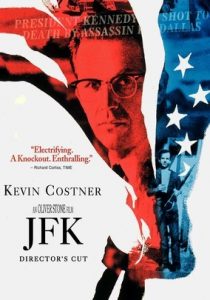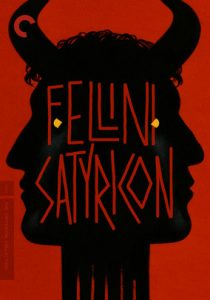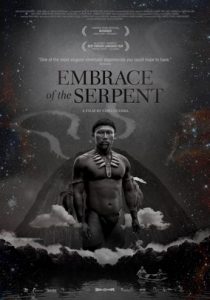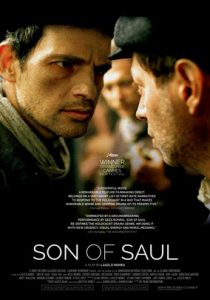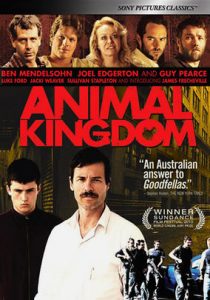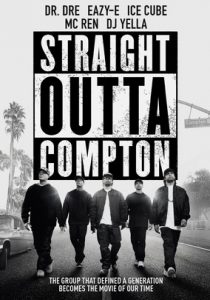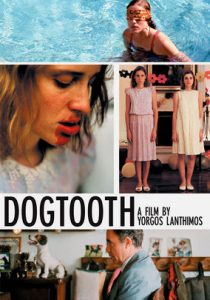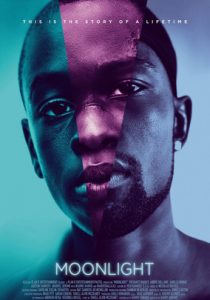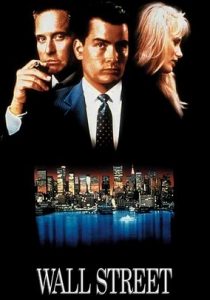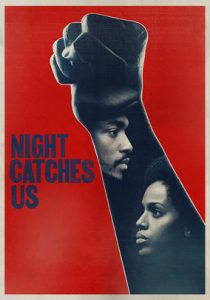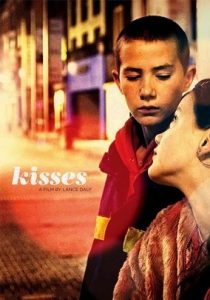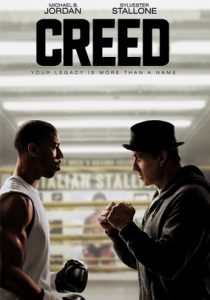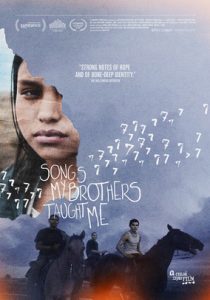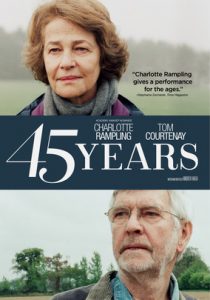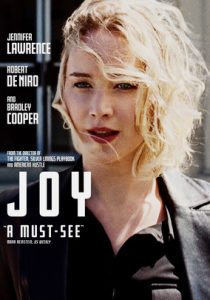Lion-2016
Director-Garth Davis
Starring-Dev Patel, Nicole Kidman
Scott’s Review #521

Reviewed November 19, 2016
Grade: A-
Lion is an enthralling, humanistic, drama about family, lost loved ones, and the search to find them, as seen through the eyes of the same character as a child and as an adult.
It features fantastic acting- specifically from stars Dev Patel (Slumdog Millionaire) and Nicole Kidman and also features lavish cinematography of the Indian and Australian countryside.
The film is based on a non-fiction book named “A Long Way Home”.
Introduced to a poor neighborhood in India in 1986, we meet five-year-old Saroo, a wide-eyed boy, who idolizes his big brother. Their mother, a beautiful woman, carries rocks for a living and relies on the boys to watch their younger sister- the boys steal coal to help eliminate their mother’s hardships.
Their father is absent. When Saroo insists on accompanying his brother on a night job, he accidentally gets on an empty train and is transported thousands of miles away- losing his family in the process.
Twenty-five years later, and long since adopted by an Australian family, Saroo attempts to find his long-lost family, using new technology- Google Earth.
In a lesser film, this subject matter might have been a sappy affair, predictable, and contrived.
But Lion soars with humanistic, emotional flair, and heartfelt, without any manipulations.
The first third of the film is focused on the five-year-old Saroo. We witness the boy’s confusion, desperation, and scrapes with potential kidnappers, child molesters, and undesirables. We also see how resilient and intelligent the young boy is- wisely outmaneuvering foes and being savvy enough to avoid monstrous people.
As much as I enjoyed this segment of the film, it went on slightly too long and I was ready to see Saroo as an adult and the encompassing problems to come, but this is a very small gripe in an otherwise extraordinary film.
Lion takes off when Saroo, now all grown up, is played by Patel. Having been adopted by an Australian couple, John and Sue Brierley, he has lived a life of love, respect, and encouragement.
The Brierley’s are a selfless couple, who, in addition to Saroo, have adopted another Indian boy with deep emotional issues. This has caused hardship and issues in the household. Their reasoning for adopting is poignant; rather than bring their biological children into the world, why not save two children who need to be saved?
Patel and Kidman give emotional and raw performances. Patel is quite a find as he plays conflicted and haunted very well and is quite convincing in the lead role.
We witness his conflict as he struggles with not knowing what has become of his family in India- imagining their worry and the devastation of not knowing what has become of him. He also avoids telling Sue- his adoptive mother- who has her hands full with other emotional issues.
Kidman, who always delivers, is raw, emotional, and sympathetic. Her facial expressions as Sue struggles to be strong, are subtle and contained, yet dying inside with underlying pain, is exceptionally relayed by Kidman in an award-worthy portrayal.
Director, Garth Davis, cleverly adds several scenes of Saroo, longingly looking out into the ocean or simply gazing in the distance, imagining and self-reflective.
What makes these simple scenes great is through Saroo’s imagination, he imagines being with his real mother, she still young, he now as an adult. Similarly, he imagines being with his brother- his brother is still age ten, but Saroo is now an adult.
These are quiet, beautiful scenes that add layers to this film.
Lion is a wonderful experience in great storytelling, led by effective acting performances and a compelling screenplay that gives honesty in film-making to the true story that the film is based on. The film is heartwarming and can be enjoyed by anyone.
Oscar Nominations: Best Picture, Best Supporting Actor-Dev Patel, Best Supporting Actress-Nicole Kidman, Best Adapted Screenplay, Best Original Score, Best Cinematography
